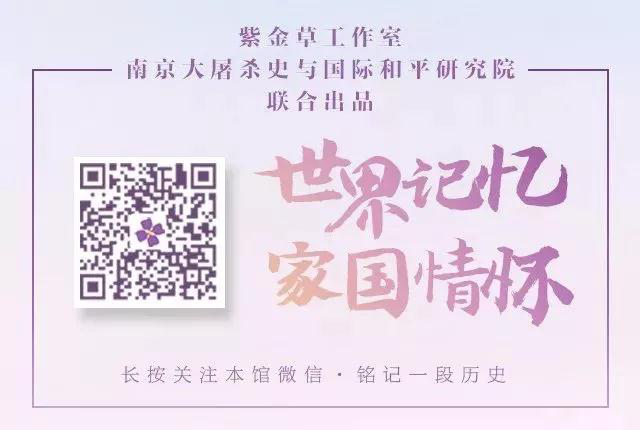How to tell the history of the “Nanjing Massacre” to Foreign Middle School Students | Zijincao Peace School
Shang Yuanyuan, a senior English teacher of Nanjing Foreign Language School, wrote an article, "Why Study the Nanjing Atrocities", and shared it with more than 20 young students from Norway.
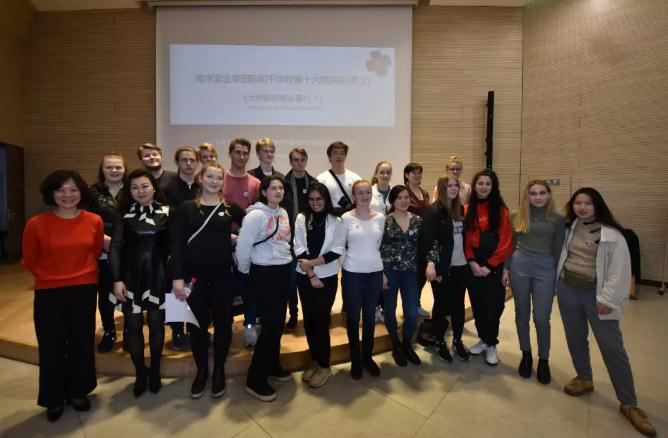
Ling Xi, deputy curator, presented the certificate to these students from Norway
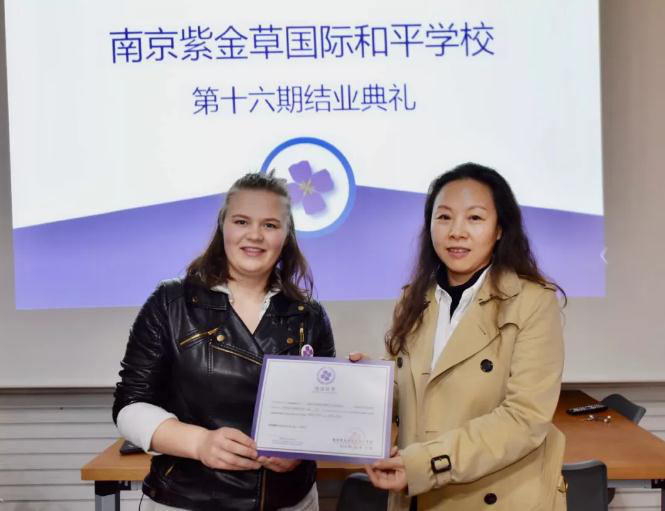
How do we teach the Nanjing Massacre in middle school English classes?
-- Experiment and reflection on the foreign class of Zijin Grass International Peace School
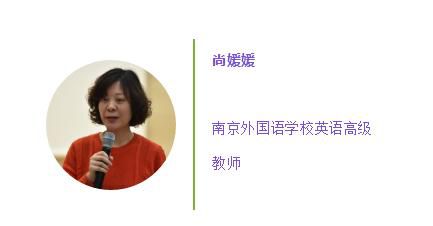
As a middle school English teacher and a professionally trained teacher of the selective course, Facing History and Ourselves. I have been expecting to include the "Nanjing Massacre" into our curriculum since the first year when selective course programme was launched by Nanjing Foreign Language School.
But it was not until 2015 that the "Nanjing Massacre" was officially included in the selective course.
The reason is very simple. I, as a teacher, cannot even withstand the pictures and words describing the horrible massacre with students in class, and so far, I have not completely read Iris Chang's book, The Rape of Nanking. Because every time I see those pictures and words, I can't help but to grieve, which makes it impossible for me to teach students to achieve our teaching goals.
We start to discuss the topic from “The Diaries of John Rabe” until the English version of The Nanjing Atrocities was published by a NGO organization "Facing History And Ourselves" in 2015.
In this year's selective course, we also read and discussed about excerpts from "The Diaries of John Rabe" on the National Memorial Day.
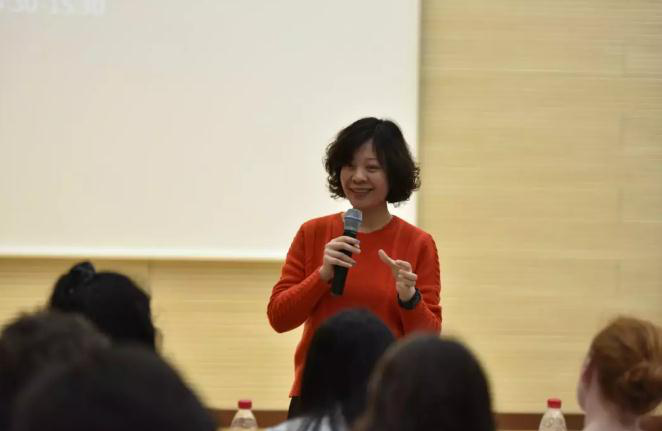
After careful selection, I decided to take the the interview with Rana Mitter, an Oxford professor of modern Chinese history and politics, themed “Why study the Nanjing Atrocities” as the topic of my class today.
Around this topic, we first need to understand the relations between China and Japan before the Japanese war of aggression against China.
Another video clip from “Facing History And Ourselves” can also vividly and objectively demonstrate the shifts of relations between China and Japan from neighbor, to friend and to enemy over more than one thousand years, which can help students better understand the rooting causes of the war.
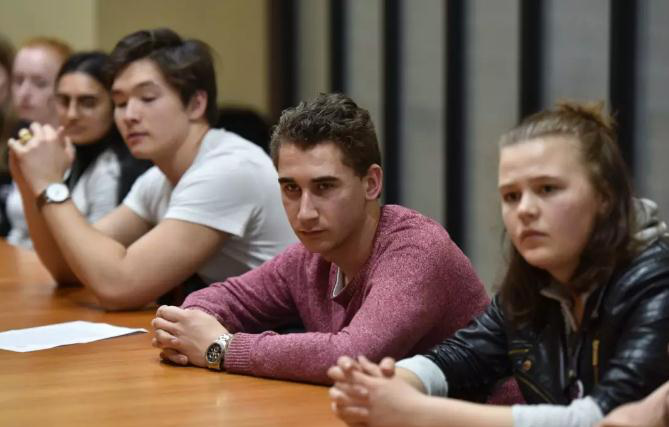
With such materials in hand, I designed several questions for the Norwegian student to discuss in class:
Why study the Nanjing Atrocities?
I. China and Japan before the war
____________:
____________:
____________:
II. Why study the Nanjing Atrocities?
1. What are the reasons mentioned by Professor Rana Mitter?
2. Are there any other reasons for studying the Nanjing Atrocities?
After watching the two videos clips, “China and Japan: Neighbor, Friend and Enemy” and “Why Study the Nanjing Atrocities”, the high school students from Norway became familiar with the relations between China and Japan before the war. Furthermore, they learned about the root of the war, and discussed in class about why we study the “Nanjing Massacre”.
Professor Rana Mitter's video clip clearly showed the reasons for studying the Nanjing Atrocities:
It is a significant historical event, and has long been misunderstood and ignored.
It, as a major historical event, can enable us to learn more about the modern politics of China and Japan.
A vast number of people in Japan are unwilling to take their time to learn what really happened in history.
If China and Japan had two different interpretations for the Nanjing Massacre, the world would fall into danger.
“Peace” is a wonderful word. For both Chinese and Norwegian, peace is in our lives and within our reach. Sometimes, we even forget that we live in such a peaceful society.
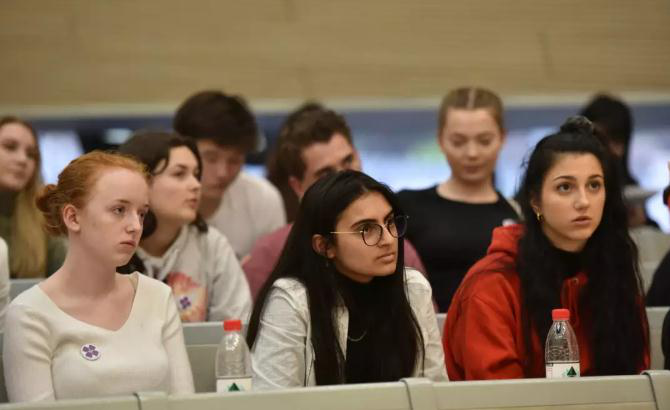
However, “peace” is also a fragile word.
Many people in the world are still facing the challenge of survival, and peace is just an unreachable hope for them.
Therefore, it is the responsibility and duty of everyone to cherish peace and maintain peace in the era of peace.
How do we achieve it? We should understand history, respect history, and each country's culture and tradition.
That’s why we build the memorial hall and why people came to visit it.
My classmates and I have gained a lot from it.
After all, middle school teachers are not historians, so that they cannot teach the “Nanjing Massacre” as historians. It is our responsibility to inspire more students to think about the history based on historical facts. In addition to the historical perspective, we should also consider the significance of “Nanjing Massacre” and the importance of peace from the perspective of humanity and the global community of shared future.
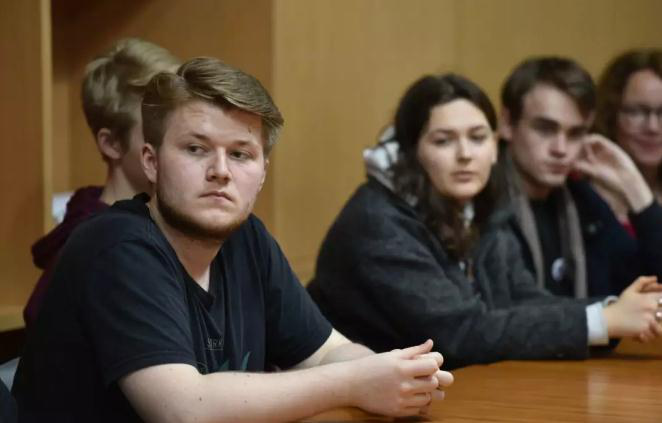
Several points impressed me deeply in the class.
First, the visit let them learn a lot about history that they have never known before. And then the design of the Memorial Hall is very touching.
This is exactly what I felt when I took my students to visit the Memorial Hall after the Memorial Day last year.
I, as a teacher of the selective course, Facing History and Ourselves, annually arrange students visit to the Memorial Hall in the past ten years. In the first few years, I had to make good psychological preparation and pluck up courage before I came here, but I was still filled with hatred and anger during each visit.
This year, it gives me a completely different feeling. My classmates and I listened calmly to the narrator's explanations of the events that occurred 82 years ago and the stories behind the photos.
All students said the visit was not in vain when they walked out of the Memorial Hall.
I want to say that this is a genuine world-class memorial, a place that enables visitors to learn more about history and to think more.
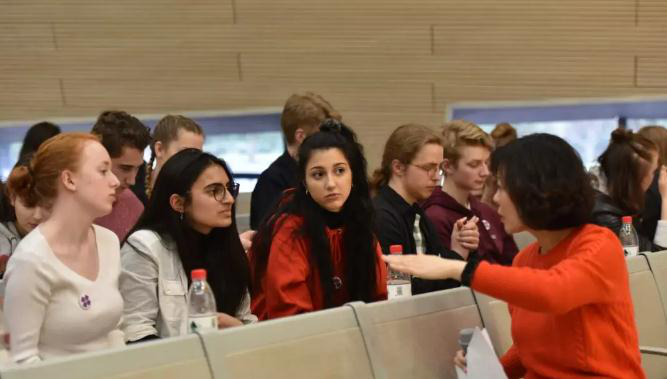
Finally, after watching the interview with the professor from Oxford University and sharing their understanding of the causes for the “Nanjing Massacre”, these students from Norway raised the opinions as follows:
“To avoid a repeat of historical tragedy”
“A new understanding of China-Japan relations and their future development”
“To better understand the political and social conflicts between China and Japan today”
“Reflection on today's choices from history”
“Understand history, do the right thing, and create a better future”
“To remember the dead is to respect history”...
All these made me feel very gratified.
That's what we want to hear in elective course: People make choices, and choices make history.
Author | Shang Yuanyuan
Editor | Zhao Yihan
Photographer | Liu Junyi
Translator | Gu Lele
